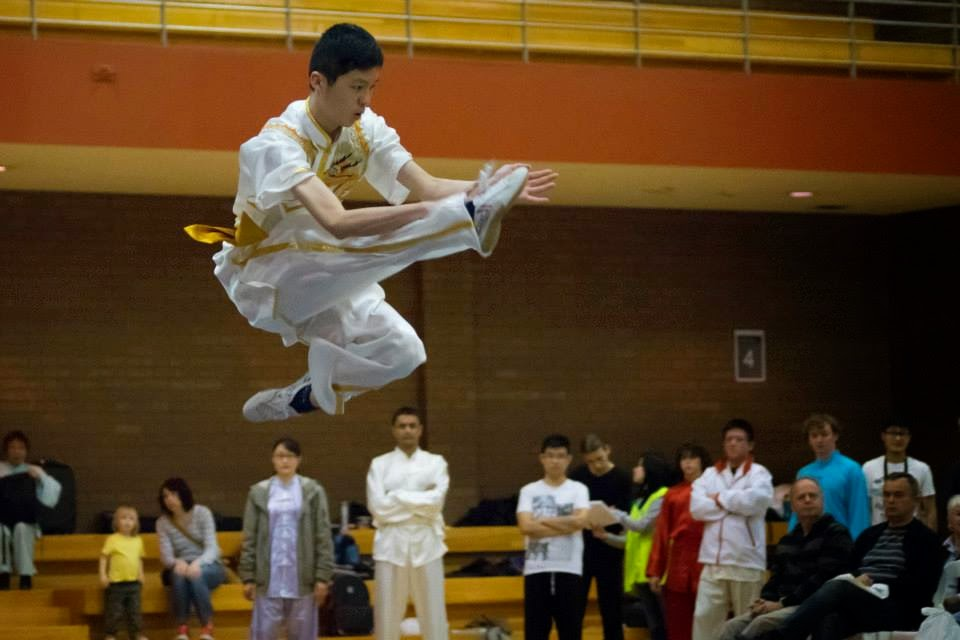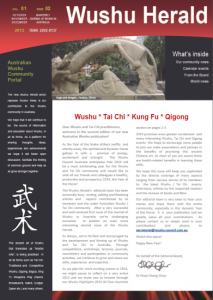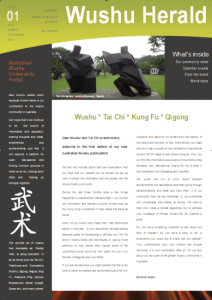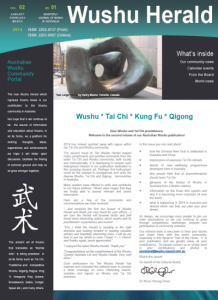Promoting the Chinese martial arts internationally: Is it ‘Kung Fu’ or ‘Wushu’?
August 2022 International Review for the Sociology of Sport
by Qingsong Han, Marc Theeboom, Dong Zhu, Inge Derom
Abstract
The term ‘Kung Fu’ is used internationally more often than its official name ‘Wushu’ to depict the Chinese martial arts. Yet the latter term has been promoted by the Chinese government for nearly 50 years and also used by the International Wushu Federation (IWUF) during the past three decades. This paper examines the distinction in the meaning between both terms through Stuart Hall’s Representation Theory, based on 20 in-depth interviews with international expert witnesses. Findings suggest that the term ‘Kung Fu’ is mostly associated with traditional Chinese martial arts, Kung Fu cinema, Oriental imagination, and fighting practicability. For expert witnesses, Kung Fu represents an identity of traditional Chinese martial arts and a way to experience ‘Chineseness’. By contrast, although the IWUF has made efforts to package Wushu as the term representing Chinese martial arts, ‘Wushu’ is regarded as a competitive sport, shaped significantly by IWUF’s Olympic ambition. Also, three key aspects regarding the representation of the Chinese martial arts in relation to both terms are discussed.
Full text might be available soon.
About the Author(s):
Qingsong Han is a joint doctoral student within the Sport & Society (SASO) research group at the Vrije Universiteit Brussel (VUB) and the Chinese Wushu College at the Shanghai University of Sport. He obtained his Master degree in Ethnic Traditional Sports at Henan University in China in 2016 and his PhD degree at Shanghai University of Sport in China in 2020. In his doctoral research, he focuses on the wushu internationalization policy by analyzing policy discourses and policy theory. The supervisors of his research are Prof. Dr Marc Theeboom, Prof. Dr Dong Zhu, and Prof. Dr Inge Derom.
Marc Theeboom
works as a full professor at the Faculty of Physical Education and Physiotherapy and at the Faculty of Psychology and Educational Sciences of the Vrije Universiteit Brussel, Belgium (VUB). He holds a PhD in Sport and Movement Sciences and a Master’s degree in Adult Educational Sciences.
Marc Theeboom is chair of the Research Group Sport and Society (SASO). His research primarily focuses on policy-related and developmental aspects of sport in general and in relation to specific vulnerable target groups in particular (e.g., youth not in education, employment or training – NEETs; people in socially deprived situation). He has a special interest in the analysis and evaluation of ‘Sport for Development’ programmes in which sport is regarded as a means of personal, social and community development (‘sport-plus’), as well as in martial arts research. His research has been extensively published in international peer-reviewed journals and books on these topics.
He has coordinated various policy oriented studies in Flanders with regard to grassroots sport and personal development. He has collaborated in, as well as coordinated, several international research projects (at EU level) on the contribution of sport on social issues. He has acted as a chair, presenter or co-organiser during international meetings, conferences and working groups on the topic of sport and social integration. He has been frequently asked to act as an advisor in steering groups and as a member of scientific committees with regard to the social value of sport and of policy oriented initiatives on different national and international levels.
Dong Zhu – Shanghai University of Sport. Ph.D. Professor, former Wushu athlete and National Sport Master, vice dean at the school of international education, Shanghai University of Sport. Vice director of the society of the Shanghai illicit drug rehabilitation, a fellow at sports medicine affiliate of Chinese traditional medicine. Research interests are Chinese traditional exercise intervention on chronic disease, Chinese martial arts (Wushu) training methods and physical education.
Inge Derom is a professor at the department of Movement and Sport Sciences in the Faculty of Physical Education and Physiotherapy at the Vrije Universiteit Brussel. She earned a Master’s degree in Physical Education (elective sport management) from the KU Leuven in 2007. Following her education in Belgium, Inge moved to Windsor (Canada) to complete an additional Master’s degree in the Faculty of Human Kinetics under the supervision of prof. dr. Marijke Taks. During her program in Windsor from 2007 until 2009, she successfully defended her thesis on the social impact of the 2008 Canadian Transplant Games. In 2009, she started her doctoral program in the School of Human Kinetics at the University of British Columbia (Canada). Under the supervision of prof. dr. Robert VanWynsberghe, Inge focused her research to uncover the theoretical connections between event leveraging, sport participation and health promotion through the case of the Tour of Flanders (an international, world-class cycling event). She participated in the 2010 Vancouver Olympic Games Impact (OGI) Study, focusing on the social impact of the 2010 Olympic and Paralympic Games on (social) public policies at the regional, provincial and national level. In 2019, she conducted a study for the agency Visit Brussels to examine the social impact of the 2019 Tour de France Grand Départ on residents of the Brussels Capital Region. She has a keen interest in understanding the social impact of major sport events for the host community and event participants.















